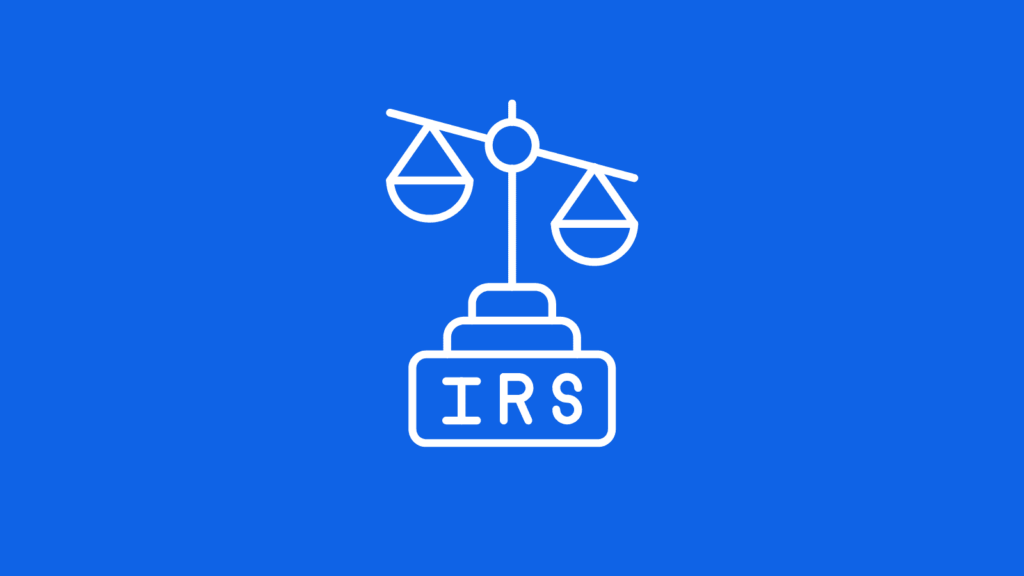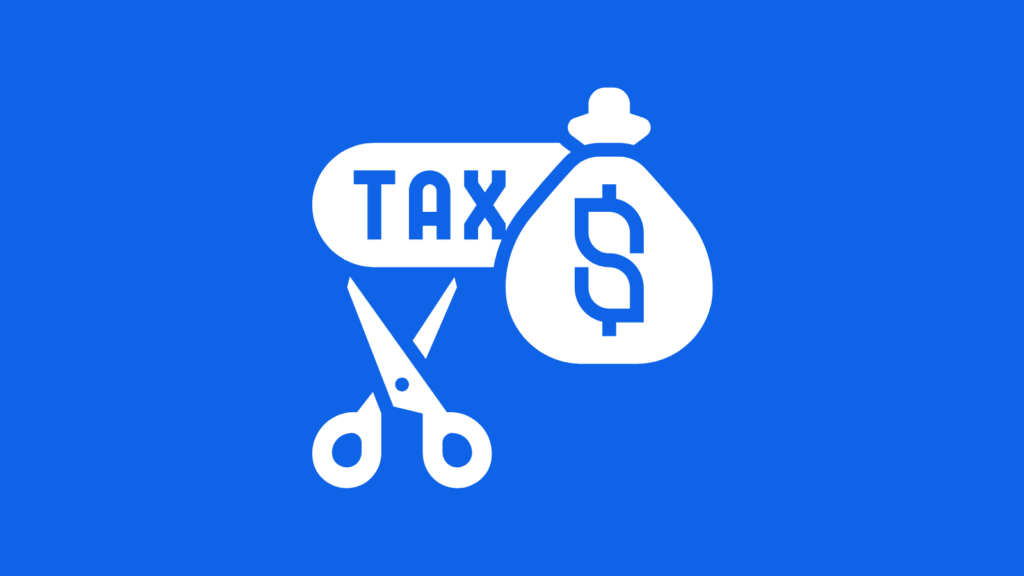Accounting vs Bookkeeping: What’s the Difference?
December 23, 2022

peakreliance
Accounting, Bookkeeping
Bookkeeping and accounting are often confused, but they are two distinct processes that support a business in different stages of its financial cycle. Bookkeeping is focused on recording financial transactions, while accounting involves analyzing and interpreting that information to provide insights into the financial health of the business. While both bookkeepers and accountants have the common goal of helping businesses manage their finances, their roles and responsibilities differ. This guide will explore the differences between bookkeeping and accounting, as well as the roles of bookkeepers and accountants.
What is Bookkeeping?
Bookkeeping is the process of recording, classifying, and summarizing financial transactions in a systematic and consistent manner. It is a crucial part of running a successful business, as it provides the necessary financial information to make informed decisions.
Bookkeeping involves several tasks, including:
- Recording financial transactions, such as sales and purchases
- Posting debits and credits to the appropriate accounts
- Generating invoices for customers
- Preparing financial statements, such as balance sheets, income statements, and cash flow statements
- Maintaining and balancing subsidiary ledgers, general ledgers, and historical accounts
- Completing payroll duties
The complexity of a bookkeeping system depends on the size and scope of the business, as well as the number of transactions it handles on a daily, weekly, or monthly basis. It is important to keep accurate records and maintain supporting documents for certain business transactions, as required by the IRS. This can be done using specialized software, computer spreadsheet programs, or manual methods like lined sheets of paper.
What is Accounting?
Accounting is a higher-level process that involves analyzing and interpreting financial data compiled by a bookkeeper or business owner to provide insight into the financial health of the business. Unlike bookkeeping, which is primarily transactional, accounting is more subjective and involves making judgments and decisions based on the financial information available.
Some of the tasks involved in accounting include:
- Preparing adjusting entries, which are used to record expenses that have occurred but have not yet been recorded in the bookkeeping process
- Reviewing company financial statements, such as balance sheets and income statements
- Analyzing the costs of operations to identify areas for improvement
- Completing income tax returns
- Providing guidance to the business owner on the impact of financial decisions
Accounting plays a key role in helping business owners make informed decisions by providing a comprehensive understanding of their financial position, forecasting future performance, and offering strategic tax planning guidance. Accountants are often sought out by business owners for their expertise in these areas.
The difference between the roles of bookkeeper & accountant
Bookkeepers and accountants both play important roles in the financial management of a business, but they have different skill sets and responsibilities. Bookkeepers are responsible for recording financial transactions and maintaining the organization’s financial records. They are typically focused on the day-to-day tasks of bookkeeping, such as recording purchases, sales, and expenses. Accountants, on the other hand, have a more advisory role, providing consultation and analysis based on the financial data compiled by bookkeepers. They are often more qualified to advise on tax matters and have a deeper understanding of accounting principles and financial analysis. While there is some overlap in their duties, the primary difference between bookkeepers and accountants is the level of expertise and responsibility they bring to their work.
Bookkeepers Responsibilities:
Bookkeepers are responsible for accurately recording financial transactions and maintaining the financial records of a business. They do not typically need to have any formal education or professional credentials, but it is important for them to be detail-oriented and knowledgeable about financial topics. While a bookkeeper’s work is often overseen by an accountant or the small business owner, they cannot call themselves an “accountant.” Instead, their job is to support the work of accountants and ensure that the financial records are accurate and up-to-date.
Accountants Responsibilities:
In order to qualify for the title of accountant, an individual generally must have a bachelor’s degree in accounting or a related field such as finance. In addition to their education, accountants may also seek additional professional certifications to further their skills and expertise. One such certification is the Certified Public Accountant (CPA), which is a widely recognized accounting designation. To become a CPA, an accountant must pass the Uniform Certified Public Accountant exam and have professional experience in accounting. The requirements for becoming a CPA, as well as an accountant’s level of education and experience, can affect the cost of their services.
How can Peak Reliance help you?
Peak Reliance is an online bookkeeping solution that provides access to a team of skilled bookkeepers who handle your financial records for you. We offer an affordable alternative to traditional bookkeeping firms, thanks to the use of software automation that reduces the amount of manual work required. Our bookkeepers can also take care of your tax preparation, which can save you money by reducing the workload for your accountant (or even eliminating the need for one if you don’t have one already). In addition, we can handle your tax filing if you don’t have an accountant. Want to learn more about how our team of professional accountants and bookkeepers can support your business? Visit our pricing page to see our competitive rates, or contact us by email at hi@peakreliance.co or call us at +1 (718) 218-5558 to discuss your specific needs. Our team is ready to help you take control of your finances and reach your business goals.
Post Tags :
Accounting, Bookkeeping
About Us
Empowering small businesses and individuals with efficient and reliable bookkeeping & tax services.




















